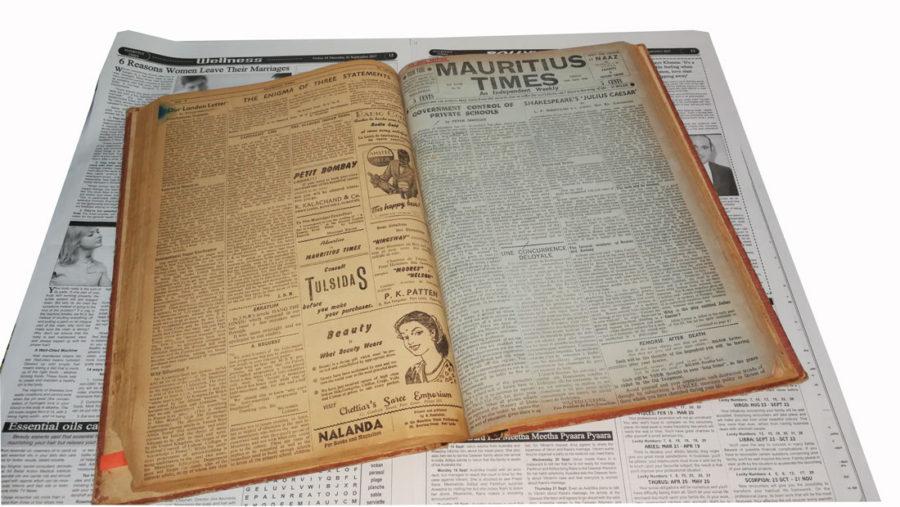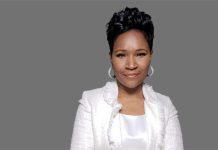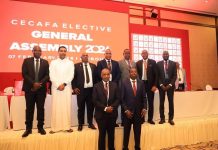Africa-Press – Mauritius.
Registration of electors will soon be afoot. It is interesting to review some of its aspects and problems. Indeed, during the debates in the Legislative Council last month on the Representation of the People Bill attention was focused more on the registration question than on any other. After all, one must be on the register to be an elector. The fact that unless one is on the electoral register one cannot vote makes registration a matter of highest importance.
With the advent of Universal Suffrage most people would imagine the compilation of the electoral register to be an easy affair. Why, they would exclaim, what could be easier than putting all people of over twenty-one years of age, who are still alive, on the list of electors! And this census could be easily obtained from the Registrar General who is the recorder of births and deaths! But the hitch is that such a census would not be complete for the reason that a person born at, say Mapou, may now be at Savanne. Location of the people of over 21 alive is the problem.
We have known registration under the property and educational qualification system, but it looked less complicated than that proposed under the new Constitution.
Registration under the new law will be something entirely different in practice from that which has prevailed so far. It will have novel features such as photographs and fingerprints.
These appeared to be such complications that one MLC actually exclaimed that as a result universal suffrage might become universal disappointment. The MLC would not believe the rest of the House that these measures were taken in the interests of security. They were designed to prevent fraud by way of personation and so on. With every man and woman of age voting, opportunities of fraudulent manoeuvers would be many without some safeguards.
While thinking of the apparent complications, we must not overlook that certain facilities such as house-to-house inquiry and free photographs have been provided.
House-to-house inquiry is not discretionary but shall be made, as far as possible, in order to find out persons entitled to be registered as electors. This is certainly intended to obviate to a great extent the necessity for mass conveyance to registration centres. During the house-to-house inquiry, the officials will probably collect the names of those eligible as electors. The would-be elector will sign or thumbprint his form at his own residence.
But what about the photograph? There is no clear provision as to where this will be taken, and it is presumed arrangements will be made at the registration offices in every electoral area for this purpose. There will probably be government photographers under contract.
The question of the cost of this species of narcissism was raised and Government has given the assurance that it will be met from the public revenue. The Representation of the People Ordinance says that for the photographs the registration officer “shall issue the necessary instructions, such manner as he may think fit, to each such person (i.e., entitled to be registered) in order that two identical copies of a photograph taken of such person may be obtained”. Although not very clear, this suggests that the person will be referred to some official photographer. As to the cost, there is a general provision in the Ordinance that all expenses incurred by registration officers in relation to registration shall be borne by the Government. So that translates into fact the assurance as to cost.
Photographs on the electoral card are the rule and thumb prints are the exceptions on religious or social grounds. This provision is wide enough to cover any section of the population having social or religious scruple against publicity. But the general belief is that it is mainly intended for Moslem ladies. That belief should be corrected, as there are among the Hindus too ladies who would shrink from such photographic publicity. And in election time, such scruples however dormant will be fanned by the adversaries posing as champions of religion or society. The moral is that the registration officers should not confine the substituted method of thumbprint to Moslem ladies but extend it to ladies of whatever community, in particular the Hindu community, who would like to avail themselves of it. In the section of the Ordinance (S.40) which deals with the exemption from being photographed, proviso is unhappily worded, it seems, as it might sustain the claim of somebody to be exempted from possessing even an Electoral Card.
During the debates in be Legislative Council, one Honourable Nominee expressing his dissatisfaction with the new Constitution, spoke of “spilling blood” but presumably sheathed his sword realising that blood would not be spilt on one side only. Another MLC has promised to raise the issue of fingerprints to national importance and alarm. Is there any doubt that the registration period will be an exciting period, even in the absence of mass conveyance?
For More News And Analysis About Mauritius Follow Africa-Press







